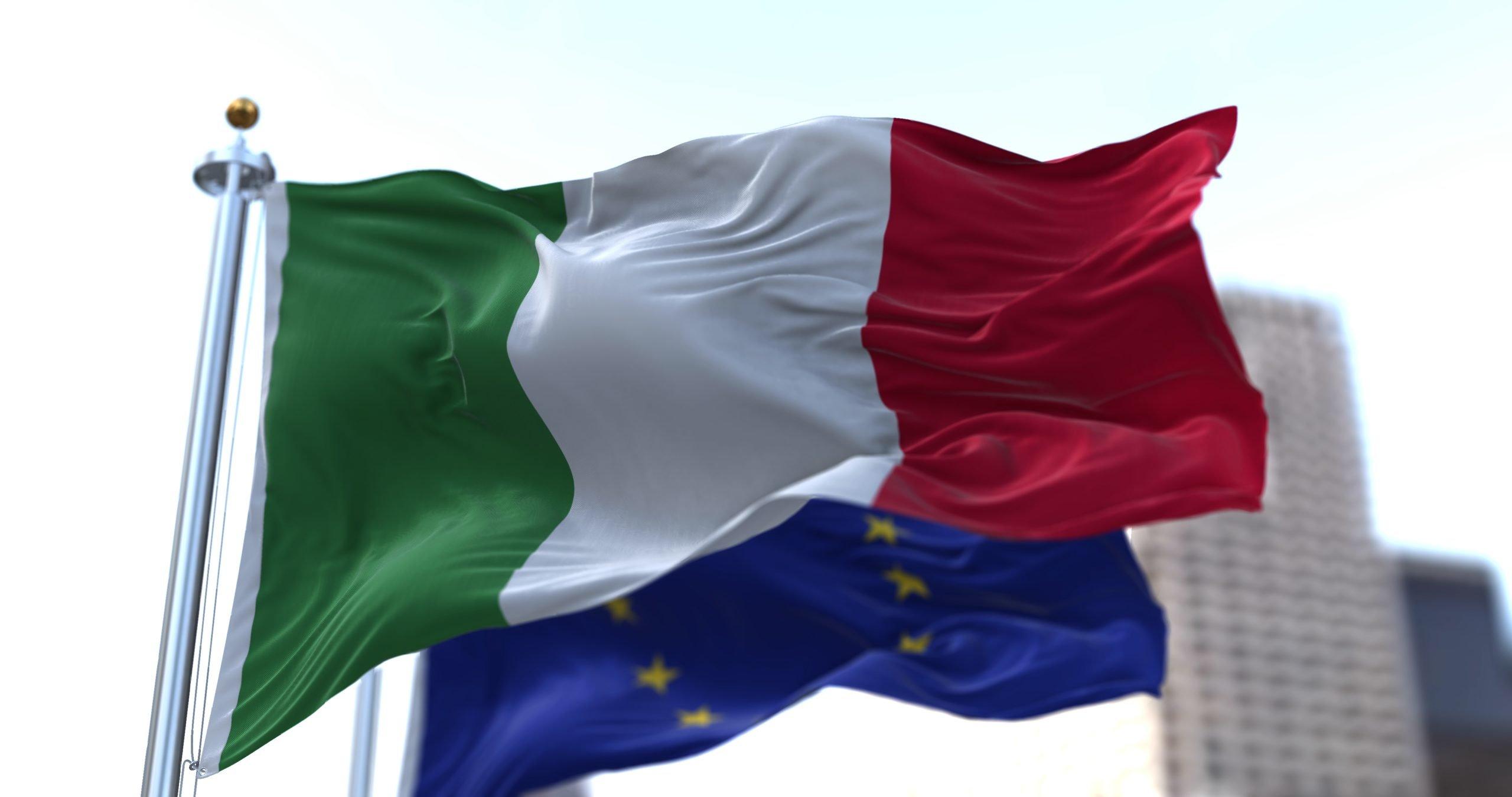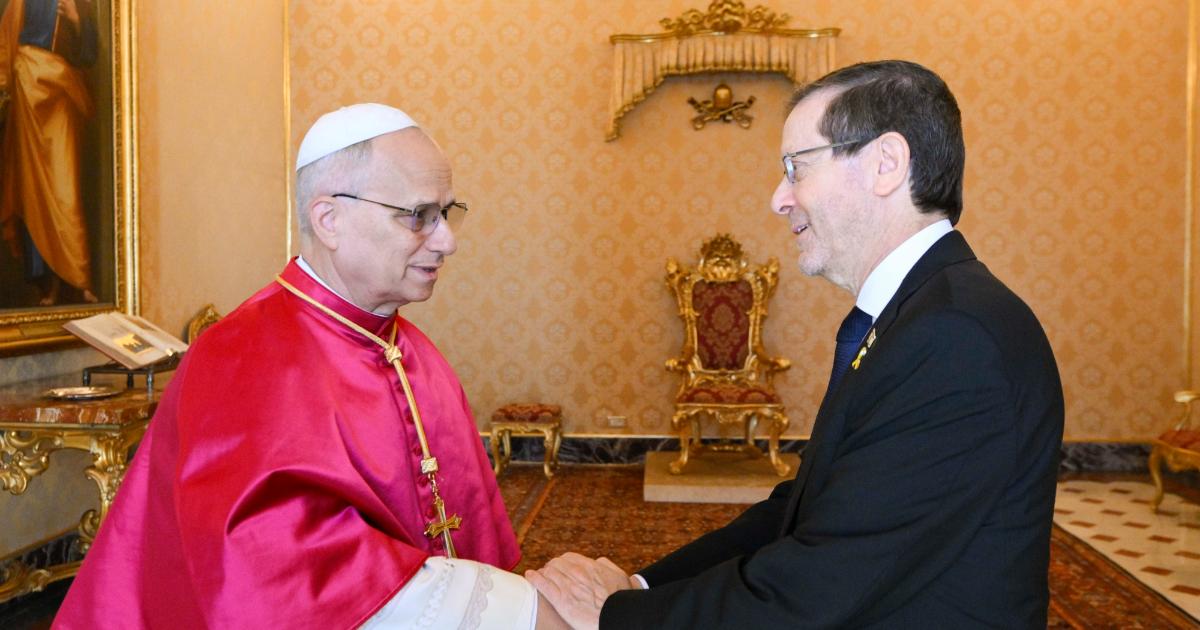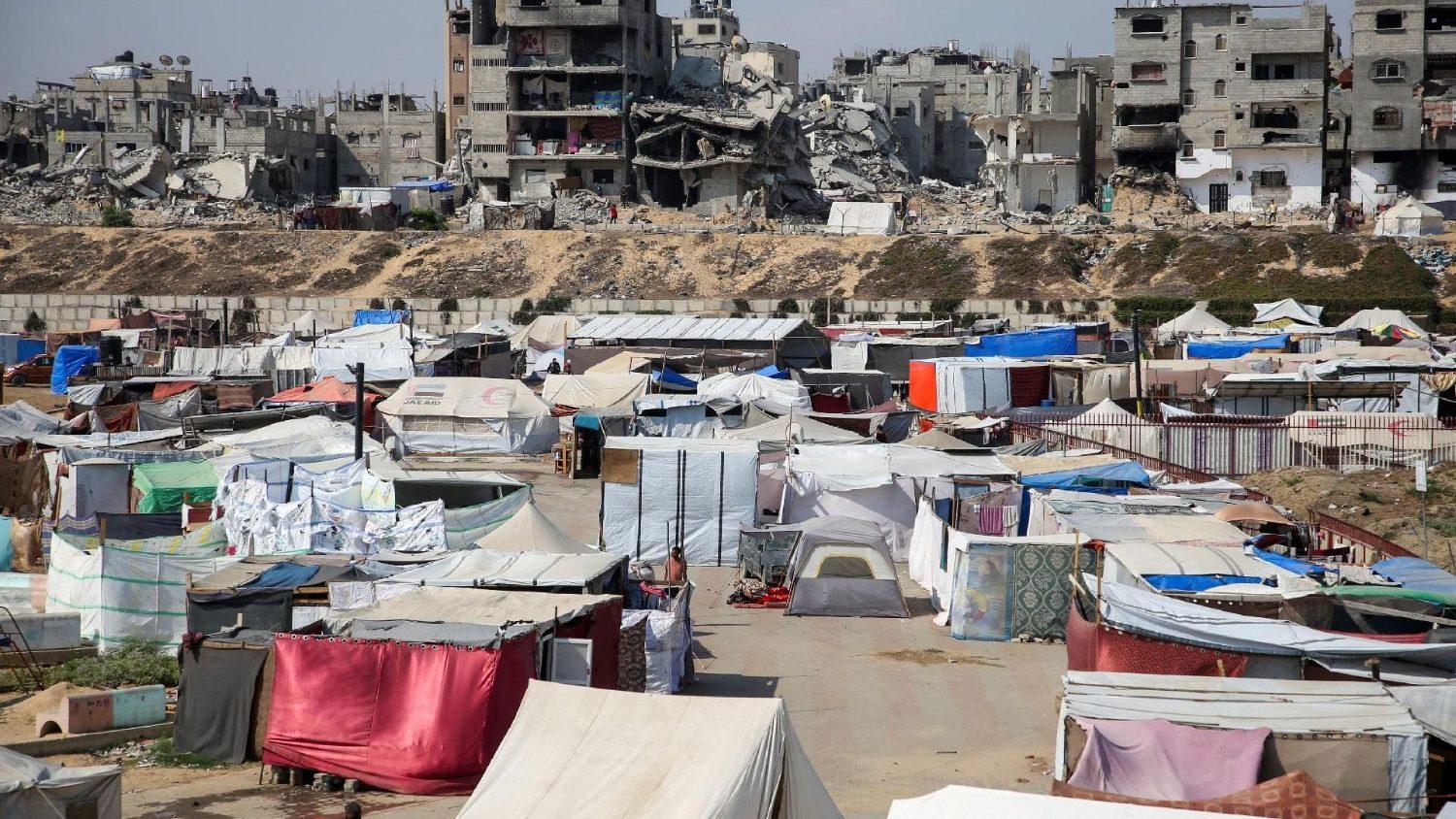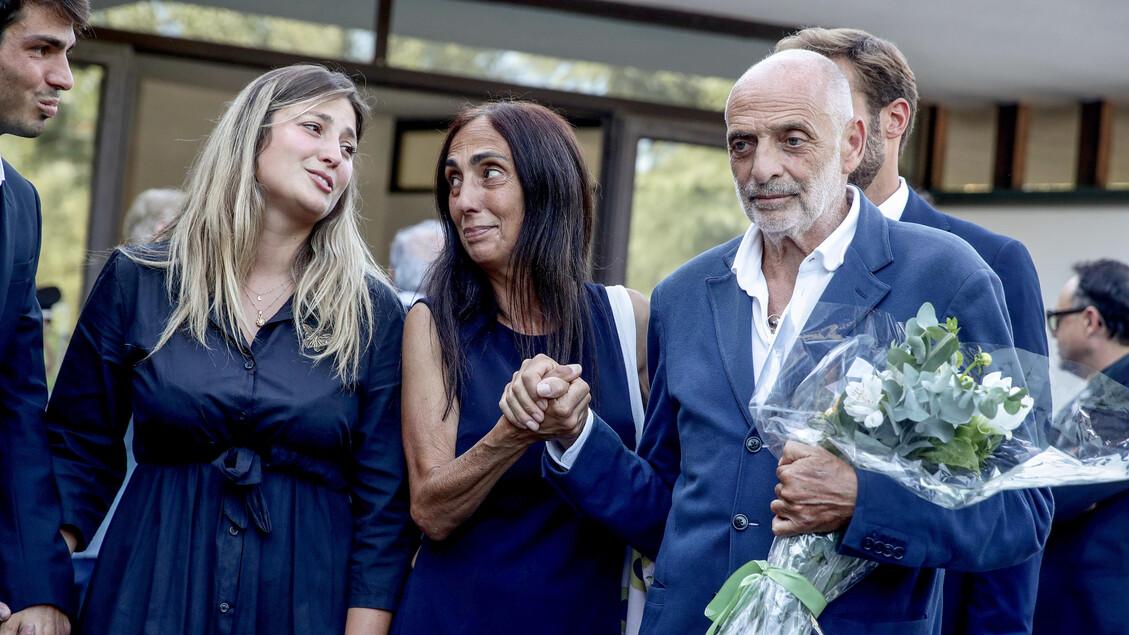The new Einicedice report shows the major difference between the European education systems for the dedicated period.Analysis, operated within 38 European lands for the year 2024/2025, which shows Italy to a mediation place in the land.
School time in Europe reveals a new study by Eurydice different differences: from mathematics to science, this is how 38 countries are duly lessons spread hours
A new E -chdice report indicates an important difference in European educational programs in connection with compulsory education.
School Geography: When Emotions Are Destiny
Document is the result of the assistance between Eyadis and OCD Nesli networks.
A study, analyzing 38 European educational systems for the school year 2024/2025, shows how the temporary distribution of basic elements - reading, writing and literature, mathematics, natural sciences and social sciences - represent a discreet factor between different national pedagogical approaches.There is no longer only to decide what to teach, but to determine how much time to devote disciplinary sphere, turning a school clock into a real tool for educational policy.
Pollution and scientific skills reading
Investigation asserts how reading, writing and literature maintains the role of dominance in the primary curriculum and captures an average of 26% of education time.This trend is led by France, Slovakia and Turkie and allocates more than 30% for language skills.
However, the transition to high school reveals a significant change: the relative importance of literature dropped drastically to 14%, while the emergence of natural sciences reached 12%of second -level courses of only 7%. The phenomenon is defined by experts as a "progressive subject" and highlights the age of students, but also the content.
Mathematics: paradox in the second position
Mathematics is one of the most interesting paradoxes of European educational panorama.Because the second place in the curriculum is 18%, its relative importance in high school is decreasing, where he must compete with the expansion of natural sciences and foreign languages.
The document reveals significant differences between countries: While Croatia and Serbia spent 22% of the main time on mathematics, Denmark stopped 13%, which reflects deep different educational philosophy according to Eurydice’s analysis: On the one hand, Eastern European approaches promoted the firmness of the mathematical foundation and promoted northern learning in the northernmost northernmost north.primary school.
Flex Request: When schools decide
Unum ex maxime important innovations arise from ex conceptu de "temporalis flexibilitate", adoptavit in Variis educational systems.Estonia, Latvia, Malta, the Netherlands, Finland, Sweden, Iceland and Norway introduced models, where the central government defined the minimum time of each subject, leaving freedom according to specific needs.
This approach is defined as a "vertical scheme", which allows you to read the strict rules in control. The year of the Helsinki Institute can be delivered throughout the year.
Changes: Europe is in action
From two years 2022/2023Year - 2024/2025.Bulgaria, France, Italy and Lithuania were heroes for important reforms: Bulgaria has gradually increased Bulgarian information and communication lessons in high schools, while Italy provided 66 annual kinetic hours in the fourth and fifth grade of elementary school.
The particular attention is worthy of the reform of France, which introduced a mandatory "FAITS of the devisions" (responsibilities) of 36 hours a year in the first secondary class, and the compensation for the reduction of technological hours.
Research Eyydice, Lintim from Lintim learned how much time to become European development and a new language in another country?








